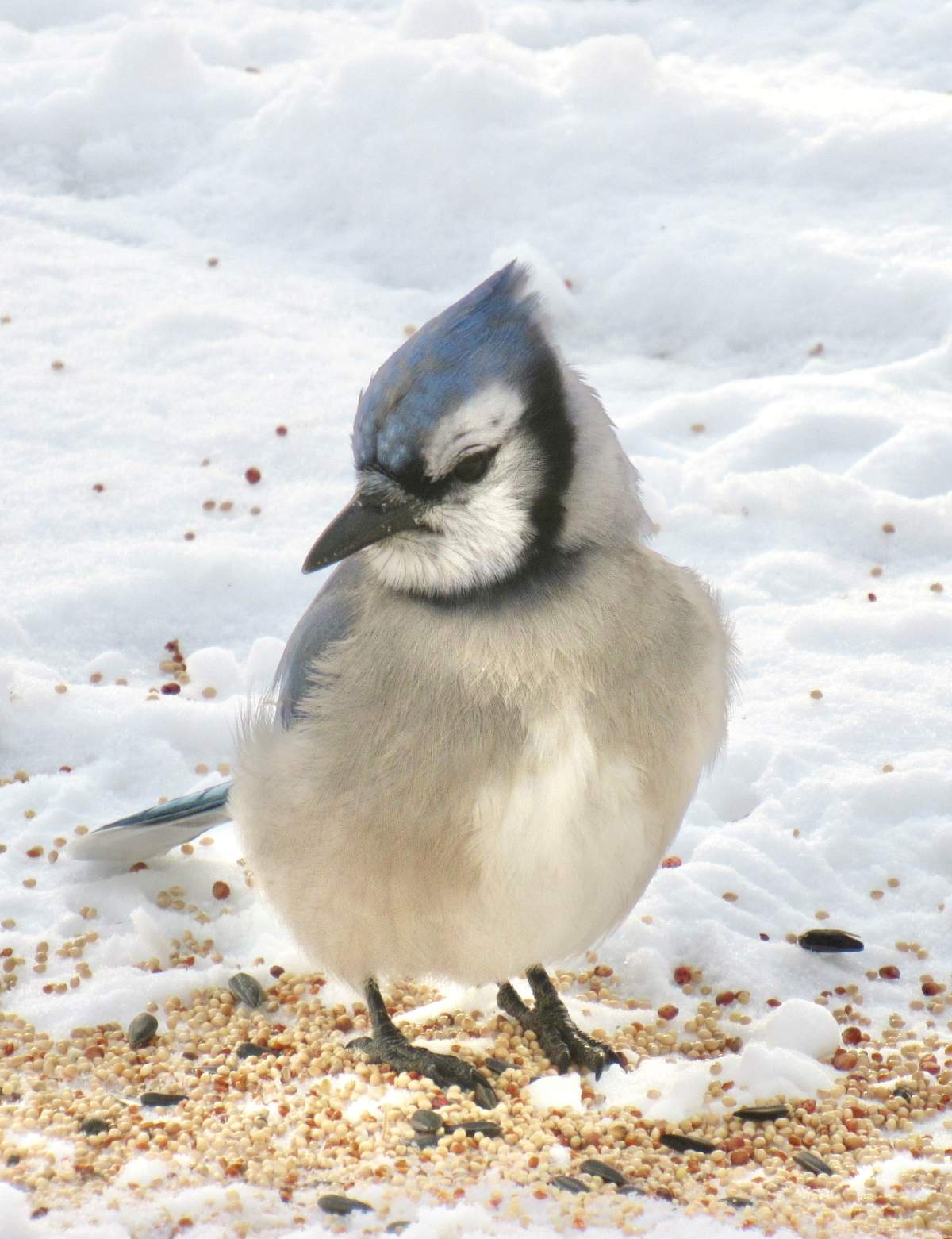Jim Duncan has always loved nature. It’s out of that love that he’s been coordinating Christmas bird counts in Balmoral, Man., for 31 years.

“It is really helpful for determining, you know, which bird species are increasing, which ones are decreasing and which ones are doing quite well,” he said.
The retired biologist said, this year, 42 volunteers came together in the area to cover roughly an 11-kilometre radius. They spent a day counting and categorizing birds, much like a census for the feathered critters.
“We counted for our circle just over 1,300 birds, and there were 27 species,” he said.
Some participated by watching their bird feeders from the comfort of their home, and others got out into the wild.
“What’s really fun is hearing some of the stories. Someone might get stuck in the snow and need help and, you know, you laugh about it later. Other people see, all of a sudden, a remarkable bird. Last Christmas bird count, for the first time ever, we had a Golden Eagle show up,” Duncan said.
Rudolf Koes coordinates the annual tally in Winnipeg, which typically takes place in the week before or after Christmas day.

Get breaking National news
He is a birder through and through.
“I started a bird diary when I was 11 years old, and I have kept it up all the way till now. I won’t tell you how old I am, but a bit older,” he said, laughing into the crisp winter air.
Koes has seen a few changes since he started the Christmas bird count in 1969, shortly after he arrived in the city from the Netherlands.
“When I first came here, let’s say in the ’70s, that there were certain species that you could still find right around Winnipeg, and they’re basically gone from the province. (There’s just) a few spots in the extreme southwest where they still exist,” he said.
Most of that is due to changes in and around the city, impacting natural habitats.
“If you think of what Southern Manitoba was like 150 years ago, it was lots and lots of prairie which had lots and lots of prairie birds, and of course most of the native prairie… is gone now. So those populations have really, really gone down,” Koes said.
Some, though, have been thriving, like ducks and geese, even a woodpecker that used to be rarer, but increased as Winnipeg’s forests matured.
These calculations are why a count, like the Christmas bird one, is important: to keep tabs on the health of birds, which Duncan said often say something about the health of our planet.
“Now with climate change, it’s going to help us understand how birds are impacted by climate change. And birds depend on the same ecosystems that people do. So there may be some important lessons there,” he said.
“If you remember the canary in the coal mine, you know what the birds are can be quite a healthy warning system for humans.”
Though the count is not just about data collection. It’s also said to be good fun.
“It’s a big world. So there are many places to visit for watching birds,” Koes said.
Duncan added, “It’s a great way for people to have fun with family and friends over the holiday season and get outside and enjoy nature.”
More information about the Christmas bird count, and other activities like it, can be found online at birdscanada.org.











Comments
Want to discuss? Please read our Commenting Policy first.